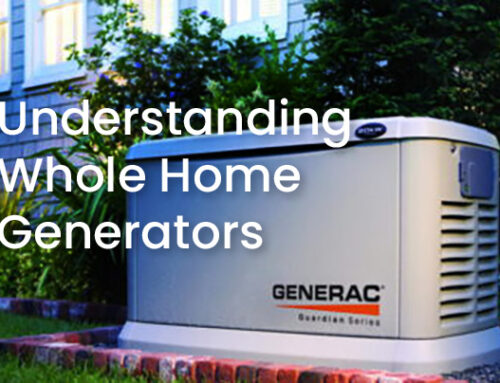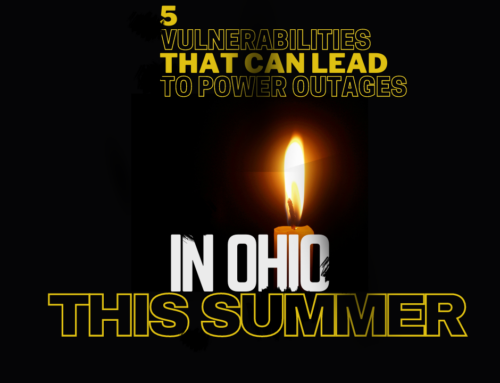You can weather almost any storm with the right source of power.
The trees are down, the wind is howling and the rain is pounding on the roof. You are enjoying a candlelit card game with your kids. Waiting out the storm.
The charm of a power failure wears out quickly, especially when the temperatures in the house reach 100 degrees in the summer or 0 in the winter, or when you have no running water or fresh food. Naturally, this is when most people think about buying a generator and also when generators are in shortest supply.
We asked Richard Dickson for his advice on backup generators. He’s weathered more than a few storms in his 40 years building homes in the Princeton, NJ, area. Knowledge, after all, is power.
“A generator provides a sense of security for you and your family.” — Richard Dickson
I am building a new home. Should I invest in a backup generator?
Richard: This is certainly a good time to consider it. Many people don’t think about buying a generator until they have gone through a few power outages in their home. Yet, it’s more cost efficient to install one during construction. You can fit the generator into your overall plan, saving you time and money, and even roll the expense into your mortgage.
Generators can provide a sense of security for you and your family when there is a power failure. For example, if you have a sump pump that runs frequently, and you fear that your basement will flood during a long power outage, a generator can provide protection against damage to your home.
Bottom line, a generator provides the power you need to continue living your life with minimal disruption during a power failure.
Q: I am renovating my home. Should I install a standby generator or just purchase a portable one?
Richard: There are a few basic types of generators. The one you choose depends on your goals and budget. A portable generator requires that you set it up manually and provide the fuel, which is typically gasoline. This can be a problem if the power failure lasts several days or weeks.
Another potential problem is how you hook up the generator to the items you want powered. If natural gas is already used to power your house, a gas-powered generator will automatically start when there is a power failure.
A portable generator requires someone to set it up and service it when there is a power failure. A standby generator runs automatically.
Q: How important is size?
Richard: A standby generator is sized by how many things you want to continue to have power. You can purchase a whole house generator or a smaller one that will power essential items like the furnaces, refrigerator, freezer, sump pump, stove and some lighting.
Here is a basic guide to generator size:
- Small and portable generator: best if you want to use it to provide power to only a limited number of items
- Medium to larger-sized models on wheels: best if you want to power just your most essential appliances
- Large and permanently installed generators: best if you want to power your entire house
Q: I am purchasing a generator for my current home. Do I need to hire someone to install it?
Richard: Yes, absolutely. You want it to be installed by a generator company who is certified by the manufacturer of the generator you purchase. In the Princeton, NJ, area, I recommend Matt Metz of EPower Electric. He can be reached at 440-942-8449 or protectingyourpower.com
Q: What features and specifications are most important?
Richard: First things first. Make sure your generator comes with a good warranty. You also want to be sure it can start itself weekly to check that it is running properly. Finally, it should be a residential-style unit for minimizing noise.
Q: When is the best time to purchase or install a generator?
Richard: There is no best time. It can be done anytime, and power failures can occur anytime. If you are building a new house, or thinking about a standby generator for your current home, do your research now. It’s a good idea to decide what you want before you need it.
For more information, or recommendations, please give us a call Your Generator Connection LLC.




